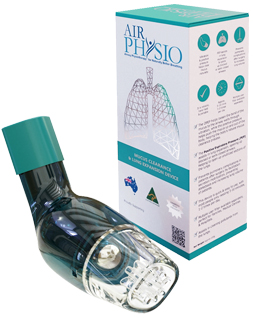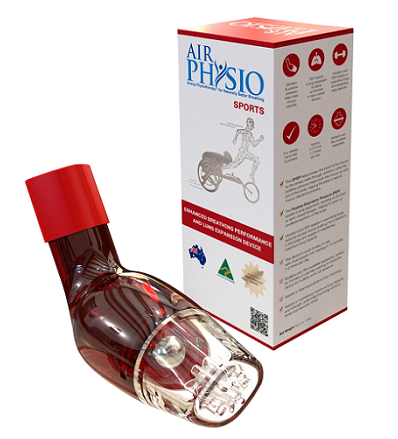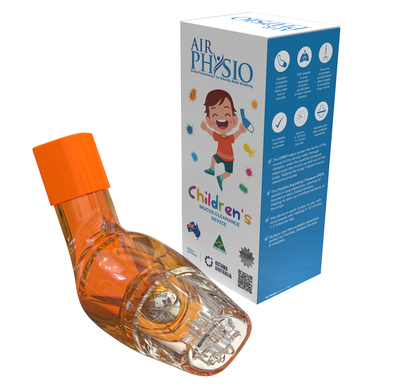How to improve your breathing in warm weather
As the summer sun shines and temperatures rise, it’s essential to understand the potential effects of heat on individuals with respiratory issues. Whether it’s asthma, chronic obstructive pulmonary disease (COPD), or other respiratory conditions, heat can have a profound impact on breathing and overall well-being. In this article, we will delve into the relationship between heat and respiratory health, highlighting the challenges faced by individuals with respiratory issues and offering tips for managing symptoms during hot weather.
Heat and Respiratory Conditions
High temperatures and humidity levels can significantly affect respiratory health, particularly for individuals with pre-existing respiratory conditions. Here’s how heat can impact breathing for those with respiratory issues:
- Increased airway inflammation: Heat can cause airway inflammation, leading to the narrowing of air passages. This inflammation can trigger asthma attacks or exacerbate symptoms in individuals with COPD, making it harder for them to breathe comfortably.
- Dehydration: Sweating is the body’s natural way of regulating temperature, but excessive sweating can lead to dehydration. Dehydration can cause respiratory secretions to thicken, making it more challenging to clear the airways and leading to increased coughing and discomfort.
- Reduced lung function: Heat can affect lung function by causing the airways to constrict and reducing the amount of oxygen that can be taken in. This can result in shortness of breath, wheezing, and a general feeling of breathlessness, especially during physical activity.
- Poor air quality: Hot weather often comes with increased levels of air pollution, such as ground-level ozone, smog, and allergens. For individuals with respiratory conditions, these pollutants can further irritate the airways, trigger inflammation, and exacerbate symptoms.

Coping Strategies for Hot Weather
While extreme heat can pose challenges for individuals with respiratory issues, there are several strategies that can help mitigate the impact and improve overall comfort during hot weather:
- Stay hydrated: Drink plenty of fluids, preferably water, to prevent dehydration. Adequate hydration helps maintain optimal moisture levels in the airways and promotes efficient mucus clearance.
- Limit outdoor activities: Try to avoid being outside during the hottest parts of the day, usually midday to early afternoon. If outdoor activities are necessary, take frequent breaks in shaded or air-conditioned areas.
- Seek air-conditioned environments: Spending time in air-conditioned spaces, such as homes, offices, or shopping malls, can provide relief from the heat and help maintain stable breathing patterns.
- Use a portable air purifier: Consider using an air purifier with HEPA (High-Efficiency Particulate Air) filters to reduce indoor air pollution, especially if the outdoor air quality is poor.
- Follow your treatment plan: Ensure you are adhering to your prescribed medication regimen and treatment plan. This includes taking any prescribed inhalers or medications regularly and as directed by your healthcare provider.
- Monitor air quality: Stay informed about the air quality in your area by checking local air quality indices or using smartphone applications. Adjust your outdoor activities accordingly when air pollution levels are high.
- Dress appropriately: Wear loose-fitting, lightweight clothing to allow for better airflow and ventilation. Protect yourself from the sun by wearing a hat and using sunscreen to prevent sunburn, which can worsen respiratory symptoms.
Average Lung AirPhysio
ENJOY BETTER BREATHING - Use this 100% Drug Free Device - AIRPHYSIO

Recent Posts
Sports AirPhysio
IMPROVE YOUR SPORTING PERFORMANCE - Use this 100% Drug Free Device - AIRPHYSIO

AirPhysio Child
BETTER BREATHING FOR YOUR CHILD - Use this 100% Drug Free Device - AIRPHYSIO

Categories
- asthma (2)
- atelectasis (2)
- bronchiectasis (2)
- copd (3)
- cystic-fibrosis (45)
- featured (10)
- uncategorized (2)


